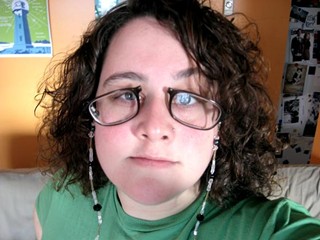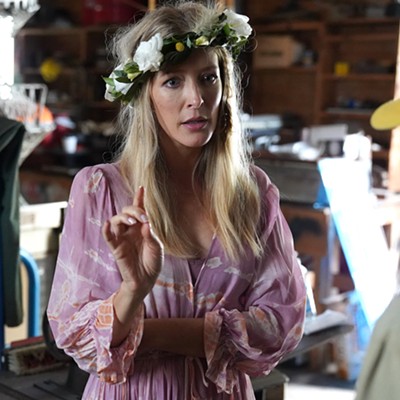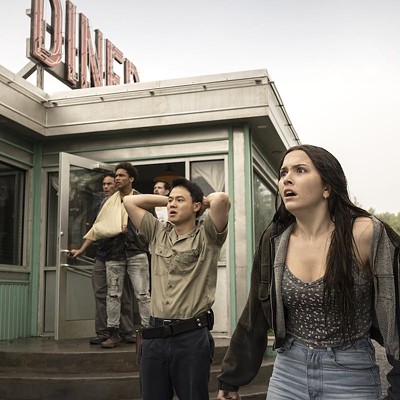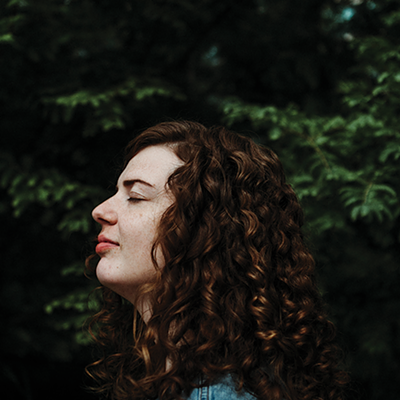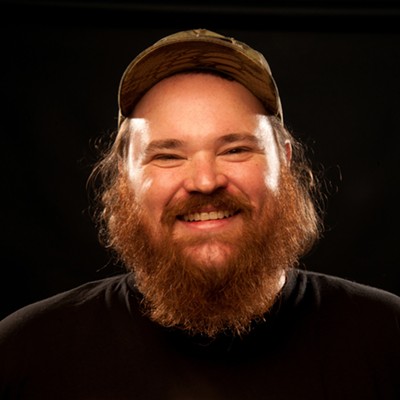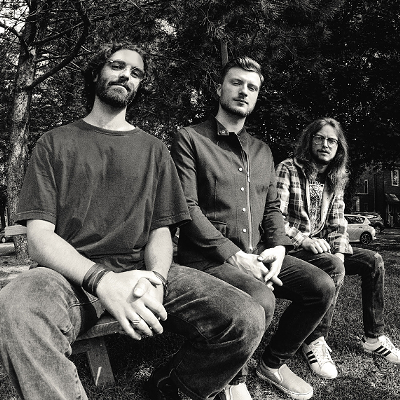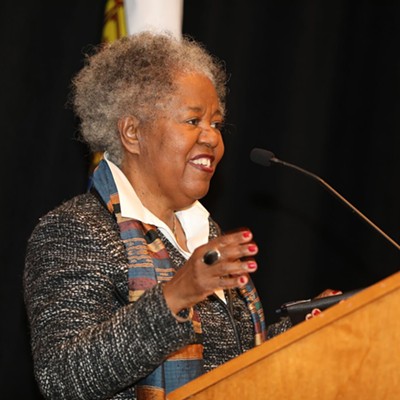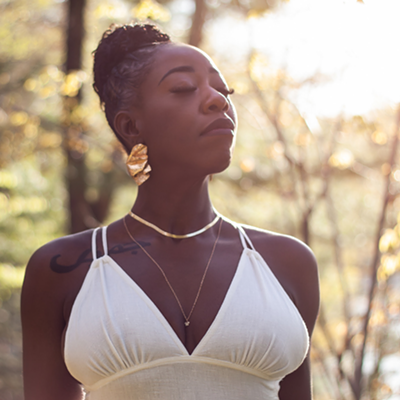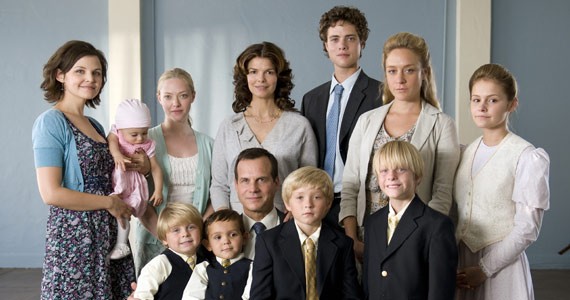
As the lights go down on Big Love's modern polygamist compound, Tara Thorne remembers why the series was such a big deal.
When we meet Bill Henrickson (Bill Paxton), he's a hardware-store owner in Sandy, Utah. His wife, Barb (Jeanne Tripplehorn), is a substitute teacher. They have two teenagers, a boy and a girl, doing well in high school, and a pre-teen who loves science. They're a generic American family. Except for the part where they live in three conjoined houses, because Bill has two other wives---uptight Nicki (Chloe Sevigny) and light-hearted Margene (Ginnifer Goodwin)---and offspring about to crack double digits. And Bill? He's the exiled son of the prophet of Juniper Creek, a polygamist compound. His own father dropped him off in Salt Lake City at 14. His father's murderer? Nicki's father.
It was all delightfully complex and compelling, especially in a dreary 2006 television season led then, as now, by American Idol, CSI and Survivor, those same old network mainstays. This was HBO, mother-mother-motherfuckers ---who else would feature a series in which a man pops Viagra and Red Bull on the regular just to handle all his hot ladies? This cold blast of Utah air was funny, well-written (Oscar winner and ex-Mormon Dustin Lance Black started there), political and deep, boasting a perfect ensemble and HBO's quality production values.
As the stories grew like the Henrickson brood---the wives took turns having babies, except for Barb, sterile after a cancer battle---the buzz fell off. Big Love had many tertiary but important characters, like Nicki's parents (Harry Dean Stanton and Mary Kay Place, vamping like the vets they are) and Bill's parents (Grace Zabriskie and Bruce Dern) who were always trying to kill each other, numerous siblings, family drunks, teenage girlfriends and boyfriends, nosy neighbours and state troopers. There was a potential fourth wife, a "family" casino, more hardware stores, multiple murders, a gay false prophet, Barb's ex-communication from the Mormon church, Nicki's gambling problem, Margene's stint as a basic cable celebrity and Bill's run for state senate. Sissy Spacek was there, and Ellen Burstyn, and it was exhausting, all five complex years.
It has always been a slog, Big Love---its much-criticized fourth season was the breaking point for most---and not since CSI: Miami has a show asked you to root for a protagonist who sucks so much, but the sheer audacity of the whole enterprise and the class and talent employed to pull it off is a marvel, looking back.
The struggle of each wife has been unique and believable: Barb was the sole spouse for 12 years, but her devotion was so abiding she allowed the others in. Nicki was the sheltered prophet's daughter, promised to a man who maybe never wanted her. Margene was young, lost and fatherless, finding what she needed in the family's chaos. The way the show skillfully shifts your wife allegiance within the series, within a single episode, makes for a show that knows what it's about, amid the dusty atrocities of Juniper Creek and Bill's bull-like belief in his own righteousness: family and greed. It's one man wanting it all and then some, and more importantly, it's the women who want the same, but inside the frame of an outmoded, anti-feminist, illegal lifestyle.
Though Bill is at the centre, it's the wives who form the core of Big Love, representing all of the ways love can bring us together, and how, packed tight under one roof, it can also tear us apart.

